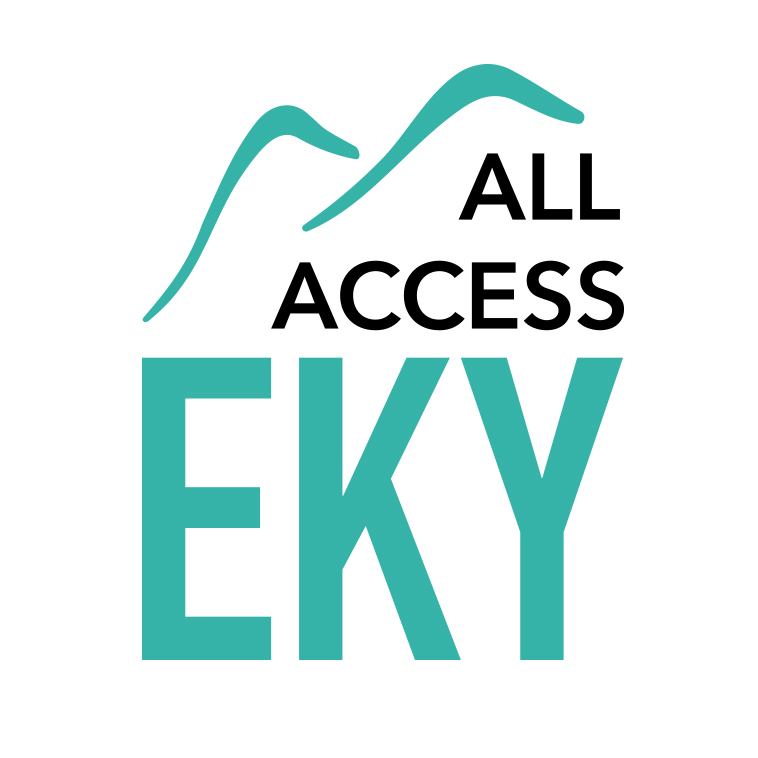Adapted from All Access EKY’s YouTube video, Will You Please Be My Valentine
Consent is something that applies to all kinds of healthy relationships. Consent is an agreement between two people to ensure that both individuals feel comfortable and safe, prior to engaging in sexual activities. Consent is a major part of fostering a healthy relationship. This conversation should create space for both individuals to freely communicate their boundaries and acknowledge each partner's preferences. A great pneumonic device to remember key components of consent is FRIES. Consent is: Freely given, Reversible, Informed, Enthusiastic, and Specific.
Freely Given: Doing something sexual with someone should be made without pressure, force, manipulation, or while drunk or high. Assuming that you have consent just because of the way someone is dressed or because someone accepts a drink, ride, or any other favor, or is dating you is not consent.
Reversible: Anyone can change their mind about what they want to do, at any time. Even if you’ve done it before or are in the middle of having sex.
Informed: Be honest. For example, if someone says they’ll use a condom and they don’t, that’s not consent.
Enthusiastic: If someone isn’t excited, or really into it, that’s not consent. Saying yes or giving in because you feel under pressure or afraid to say no is not consent.
Specific: Saying yes to one thing (like making out) doesn’t mean they’ve said yes to others (like oral sex). Ignoring nonverbal actions that show someone is not interested (walking away, pulling, pushing, etc.) is not consent.
Asking questions like: “I think I’m ready to have sex, what about you?”, “Is this okay?”, “Are you comfortable with this?”, “Does this feel good?” and “Should we go any further?” are important to getting consent.
Consent goes both ways and applies to all genders and sexual orientations. Giving and getting consent is not a “girl” thing. Societal standards, gender expectations and toxic masculinity have created a stigma that a a male partner will always consent to sex. Often times, reports of sexual harassment from males are not taken seriously, making it easy for men or boys to be taken advantage of. An individual's choice to consent, or not to consent, should be respected no matter the circumstances or gender.
Consent should not be taboo. It should be practiced and taught in everyday instances too. When you’re walking in a crowd, rather than touching someone to let them know you’re there, try saying excuse me. Another way to practice routine consent is to ask for permission before posting or taking a photo of someone or knock on someone’s door before you enter their space. In other words, if something could make a person feel violated or uneasy, you should always have their consent beforehand. This mindset can be instilled at a young age. Teach your children to be mindful and respectful of others feelings and space by creating an environment in which they feel comfortable. Encourage your children to think about their own personal boundaries and respect them. For example, never pressure your child into hugging a family member. Let this be their choice. Having a grasp on this will encourage healthy relationships, friendships, and sense of self.
Resources on Consent:
www.loveisrespect.org - Website with great information on consent, healthy relationships, red flags and signs of abuse, and other sexual health topics.
www.teachconsent.org - Has great videos and discussion guides that parents and teachers can use to spark a conversation about consent with young people.
Sexual Assault Resources:
RAINN (the Rape, Abuse, and Incest National Network) is the nation’s largest anti-sexual violence organization. Call their free, confidential hotline at 800-656-HOPE(4673) or go to hotline.rainn.org/online to use their online chat feature.
KASAP.org: Kentucky Association of Sexual Assault Programs offers an interactive map where you can find your local rape crisis centers by selecting the county you live in.
EndRapeOnCampus.org: End Rape on Campus (EROC) works to end campus sexual violence through direct support for survivors and their communities.
1in6.org/helpline: This free and anonymous helpline is available 24/7, for men who’ve experienced sexual abuse or assault and for those who care about them.
SafeHelpline.org: DoD Safe Helpline is a secure, confidential, and anonymous crisis support service specially designed for members of the DoD community affected by sexual assault.
NSVRC.org: The National Sexual Violence Resource Center’s mission is to provide leadership in preventing and responding to sexual violence through collaboration, sharing and creating resources, and promoting research.
Hotline.WomensLaw.org: The purpose of this Email Hotline is for WomensLaw to provide basic legal information, referrals, and emotional support related to domestic violence, sexual assault, or stalking.
